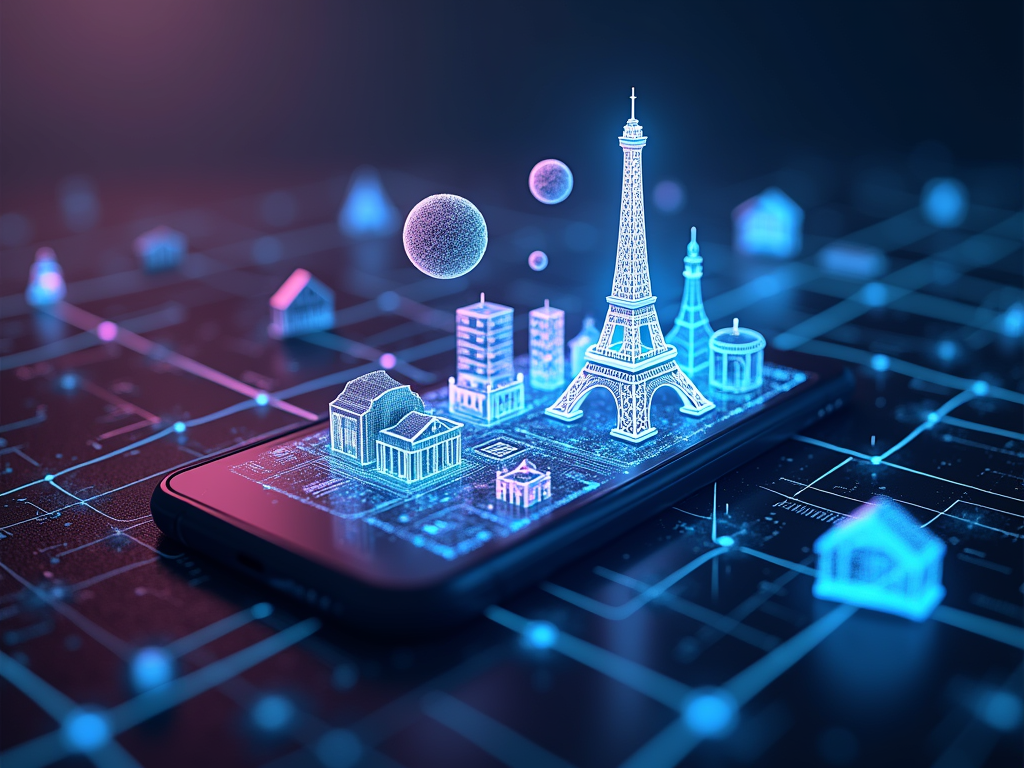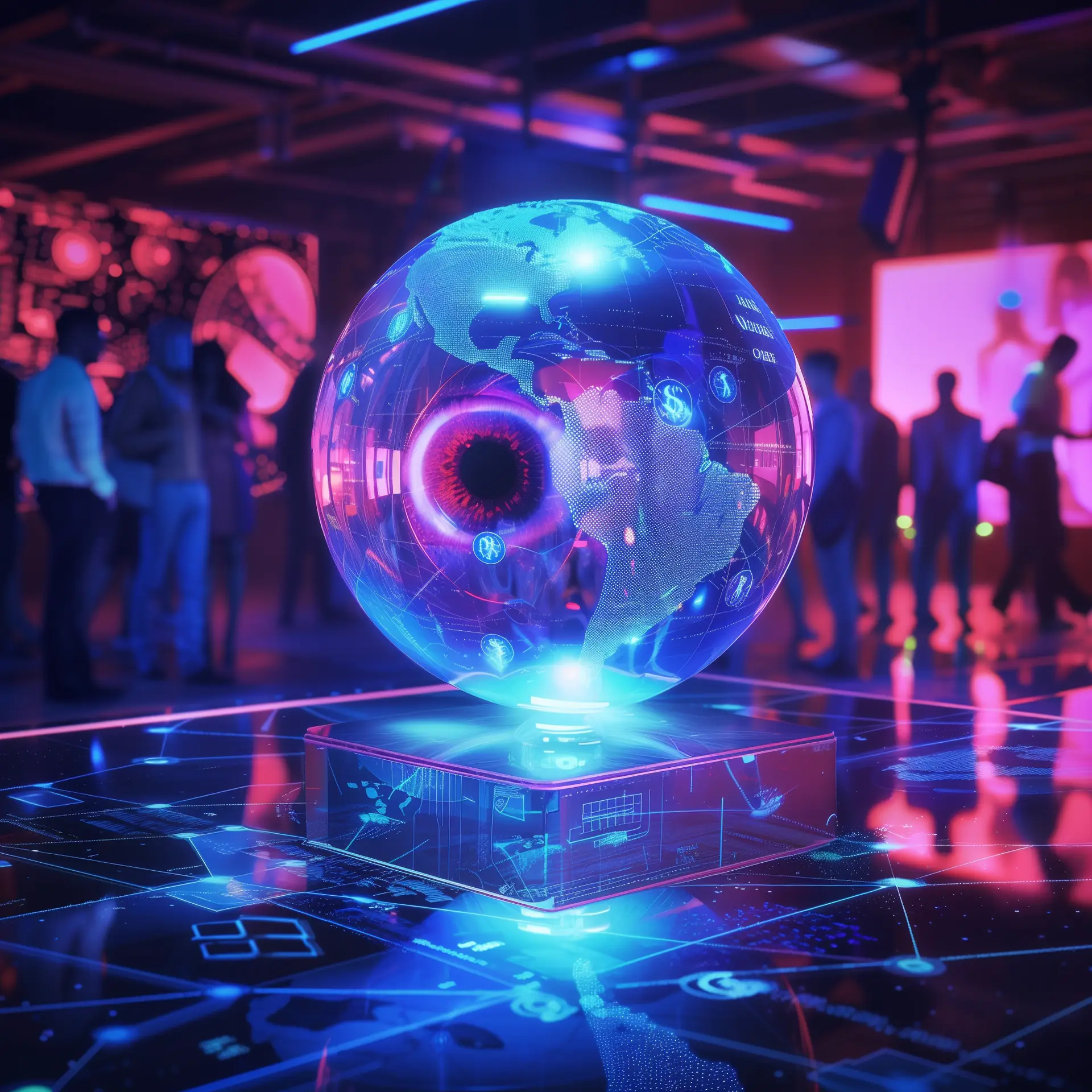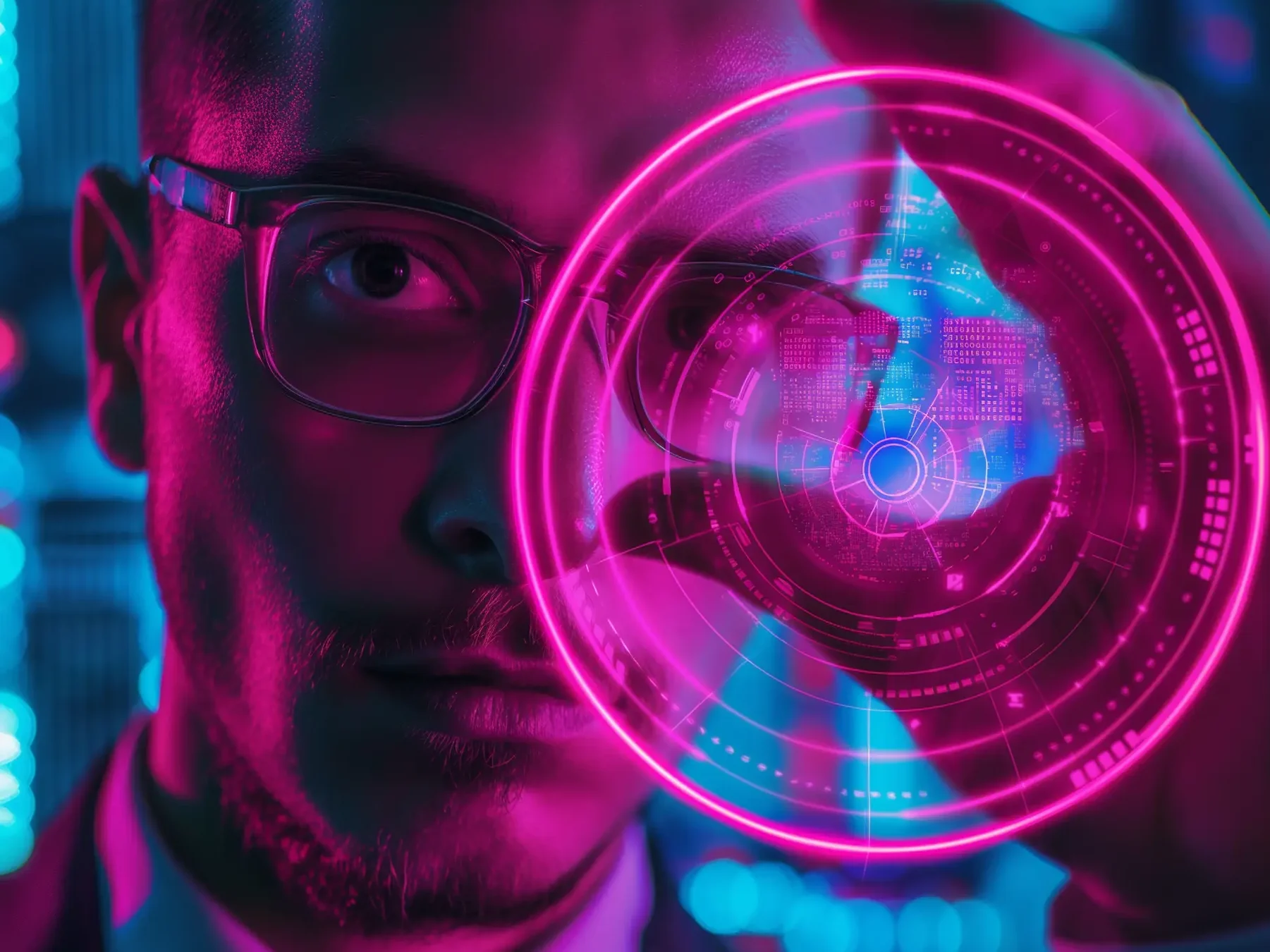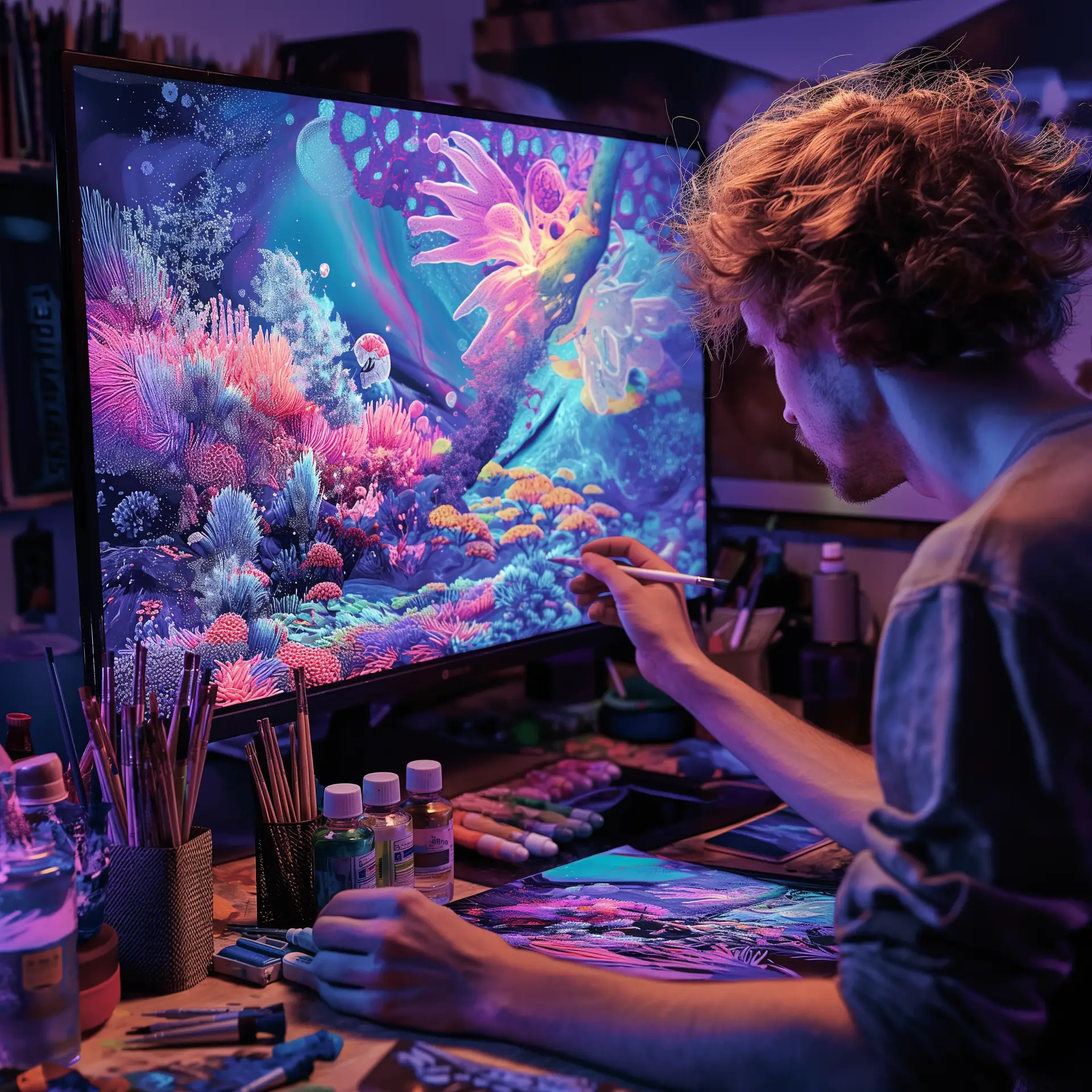The metaverse concept, an immersive digital universe where users can interact, socialize, and conduct business, is rapidly gaining traction. Blockchain technology is at the heart of this virtual revolution, powering dynamic economies that redefine our understanding of ownership, governance, and value creation. As we venture into this new digital frontier, the fusion of blockchain and the metaverse opens up unprecedented opportunities and challenges.
The Blockchain Foundation
Blockchain technology is the cornerstone of metaverse economies, ensuring security, transparency, and true ownership of digital assets. By leveraging decentralized ledgers, projects like Decentraland, The Sandbox, Otherside, Somnium Space, and Cryptovoxels are creating virtual worlds where users can purchase land, build structures, create art, and even start businesses—all within a framework free from centralized control.
The power of blockchain in these environments extends beyond mere transactions. It enables the creation of decentralized autonomous organizations (DAOs), giving community members a direct voice in platform development and policies. This democratization of governance represents a paradigm shift in how digital spaces are managed and evolved.
Key Players in the Blockchain Metaverse
While Decentraland, The Sandbox, and Otherside are often at the forefront of discussions about blockchain-powered metaverses, the ecosystem is diverse and rapidly expanding. Somnium Space offers a VR-focused metaverse experience, emphasizing immersion and social interaction. Cryptovoxels, with its distinctive voxel-based aesthetics, provides a unique platform for digital art and creativity.
Each of these projects leverages blockchain in unique ways:
Decentraland uses MANA cryptocurrency for transactions and LAND tokens to represent ownership of virtual real estate.
The Sandbox emphasizes user-generated content, allowing creators to monetize their virtual creations using SAND tokens.
Otherside, developed by Yuga Labs, utilizes ApeCoin and focuses on interoperability between different metaverse environments.
Somnium Space integrates VR technology with blockchain, creating a highly immersive economic ecosystem.
Cryptovoxels uses the Ethereum blockchain to manage ownership of parcels and assets within its voxel-based world.
The Economic Building Blocks
True Ownership with NFTs
Non-fungible tokens (NFTs) are revolutionizing the concept of digital ownership. In the metaverse, NFTs provide irrefutable proof of ownership for virtual assets, whether they’re plots of land, unique avatars, or digital artworks. Crucially, NFTs introduce verifiable scarcity and uniqueness to the digital realm, essential for establishing value in virtual economies.
This scarcity and blockchain’s transparency create a robust foundation for vibrant marketplaces. Creators can monetize their digital innovations, collectors can invest in rare virtual items, and users can confidently trade assets, knowing their ownership is secure and verifiable.
Cryptocurrencies as Economic Lifeblood
Native cryptocurrencies serve as the primary medium of exchange within metaverse economies. Tokens like MANA, SAND, and ApeCoin facilitate seamless transactions, store value, and enable investment in virtual assets. However, integrating cryptocurrencies also brings challenges, including regulatory uncertainties and price volatility, which must be navigated for widespread adoption.
Emerging Job Markets and Income Streams
The metaverse is not just a playground; it’s a new frontier for employment and income generation. As these virtual worlds expand, so do the opportunities for skilled individuals:
- Virtual event organizers orchestrate immersive conferences and concerts. These professionals blend technical know-how with creative vision, designing and executing events that push the boundaries of what’s possible in digital spaces. They must understand the unique affordances of virtual environments to create engaging, memorable experiences that rival or surpass their real-world counterparts.
- Digital fashion designers create and sell unique clothing for avatars. This emerging field combines traditional fashion design skills with 3D modeling and an understanding of virtual physics. Designers in this space create visually striking garments and consider how these items interact with different avatar types and metaverse environments.
- Educators offer virtual classes in innovative, interactive environments. These pioneers of digital education leverage the immersive nature of the metaverse to create learning experiences that were previously impossible. From virtual field trips to interactive 3D models of complex systems, metaverse educators are reimagining pedagogy for the digital age.
- Virtual real estate developers build and sell properties in digital landscapes. This role requires a unique blend of architectural design, 3D modeling, and an understanding of virtual economies. Developers must create spaces that are not only visually appealing but also functional and valuable within the context of the metaverse economy.
- Blockchain developers and smart contract auditors are in high demand. They work to build and secure the underlying infrastructure of metaverse economies. These technical experts ensure the integrity and security of virtual worlds’ transactions, asset ownership, and governance systems. Their work is crucial in maintaining trust and stability in decentralized metaverse economies.
- Metaverse community managers foster engagement and moderate interactions within virtual spaces. They play a vital role in shaping the culture of digital communities, organizing events, resolving conflicts, and ensuring that the metaverse remains a welcoming space for all users.
- Virtual tour guides and experience curators help newcomers navigate complex metaverse environments. As virtual worlds become more expansive and intricate, these professionals offer invaluable services in orienting users, showcasing points of interest, and crafting tailored experiences highlighting the unique features of different metaverse platforms.
These roles represent just a fraction of the emerging job market, highlighting the metaverse’s potential to transform how we work and earn in the digital age. As technology evolves and user bases grow, we can expect to see even more innovative career paths emerge, blending skills from the physical world with the unique possibilities offered by virtual environments.
Challenges and Considerations
Regulatory Landscape
As metaverse economies grow, so does the need for comprehensive regulatory frameworks. The challenge lies in fostering innovation while ensuring consumer protection and economic stability. Current efforts, such as the EU’s Markets in Crypto-Assets (MiCA) regulation and the EU’s Digital services Act (DSA), aim to create a standardized approach to digital asset governance and overall risk management on online platforms. However, metaverse economies’ global and decentralized nature necessitates international cooperation and adaptive policies.
Key regulatory considerations include:
- Establishing clear legal frameworks for digital asset ownership and transactions
- Addressing taxation implications of income generated within virtual environments
- Balancing the autonomy of DAOs with the need for accountability and user protection
Privacy and Data Security
The immersive nature of the metaverse presents unique privacy challenges. As users engage more deeply with virtual environments, the potential for collecting sensitive data—including biometric information and detailed behavioral patterns—increases dramatically. Protecting this data while maintaining the openness and interoperability that make the metaverse compelling is a delicate balancing act.
Strategies for enhancing privacy and security in the metaverse include:
- Implementing advanced encryption techniques for data transmission and storage.
- Developing decentralized identity management systems to give users control over their personal information.
- Employing rigorous authentication protocols, including multi-factor and biometric verification.
- Conducting regular security audits and vulnerability assessments.
- Educating users about potential risks and best practices for protecting their digital assets and personal information.
The Road Ahead
The convergence of blockchain technology and the metaverse represents a pivotal moment in the evolution of digital interactions and economies. As these virtual worlds grow and interconnect, they can revolutionize how we work, play, create, and interact globally.
However, realizing this potential will require ongoing innovation, thoughtful regulation, and a commitment to addressing the complex challenges of privacy, security, and economic stability. By fostering an environment that balances technological advancement with user protection, we can create a metaverse that captivates our imagination and provides tangible value and opportunities for individuals and societies alike.
As we stand on the brink of this new digital frontier, one thing is clear: the blockchain-driven metaverse is not just a technological novelty—it’s a transformative force with the power to reshape our digital and economic landscapes in profound and lasting ways.













